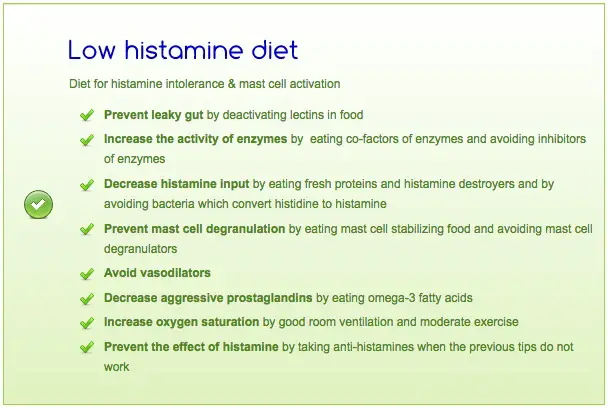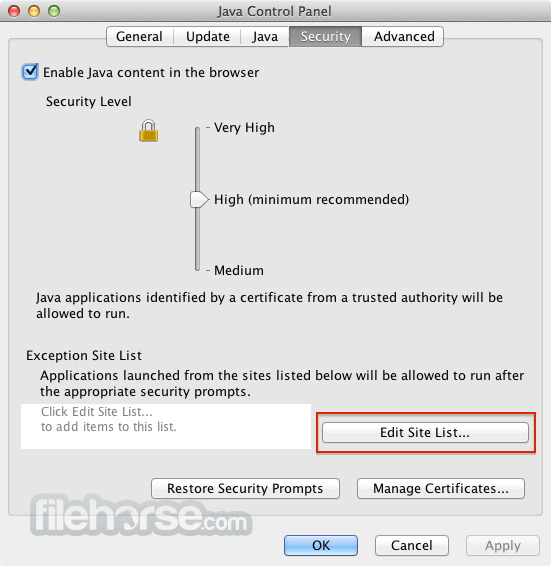

The following are the system requirements for installing the JDK and the JRE on macOS:

Java For Os X 2015-001 Free Download

Java For Os X 2015-001 Download
Mac OS X Version 10.6 and below. Use Software Update available on the Apple menu to check that you have the most up-to-date version of Java 6 for your Mac. Java 7 and later versions are not supported by these older versions of Mac OS X. If you have problems with Java 6, contact Apple Technical Support. Java for OS X 2015-001 installs the legacy Java 6 runtime for OS X 10.11 El Capitan, OS X 10.10 Yosemite, OS X 10.9 Mavericks, OS X 10.8 Mountain Lion, and OS X 10.7 Lion. This package is exclusively intended for support of legacy software and installs the same deprecated version of Java 6 included in the 2014-001 and 2013-005 releases.

Any Intel-based computer running macOS.
Administrator privileges.
You cannot install Java for a single user. Installing the JDK and JRE on macOS is performed on a systemwide basis for all users. Administrator privileges are required to install the JDK and JRE on macOS.
When you install the JDK, it also installs the JRE. However, the system will not replace the current JRE with a lower version.
To determine the current JRE version installed on your system, see Determining the JRE Version Installed on macOS. To install an earlier version of the JRE, you must first uninstall the current version. See Uninstalling the JRE on macOS.
When you install the JRE, you can install only one JRE on your system at a time. The system will not install a JRE that has an earlier version than the current version.
To determine the current JRE version installed on your system, see Determining the JRE Version Installed on macOS. To install an earlier version of the JRE, you must first uninstall the current version. See Uninstalling the JRE on macOS.
Note:
Installing a JRE from Oracle will not update
java -versionsymlinks or addjavato your path. To do this, you must install the JDK.
Comments are closed.